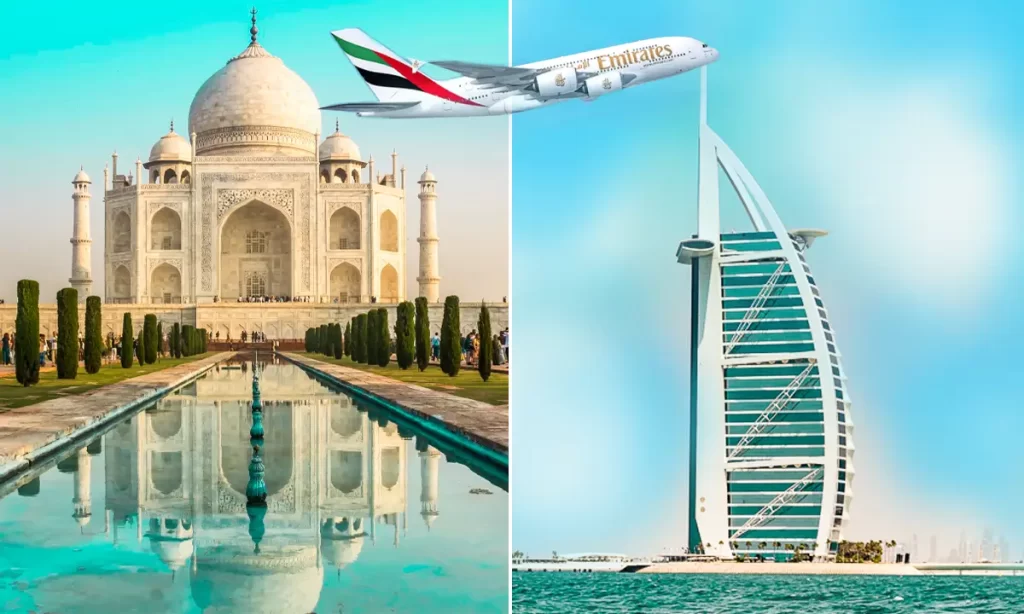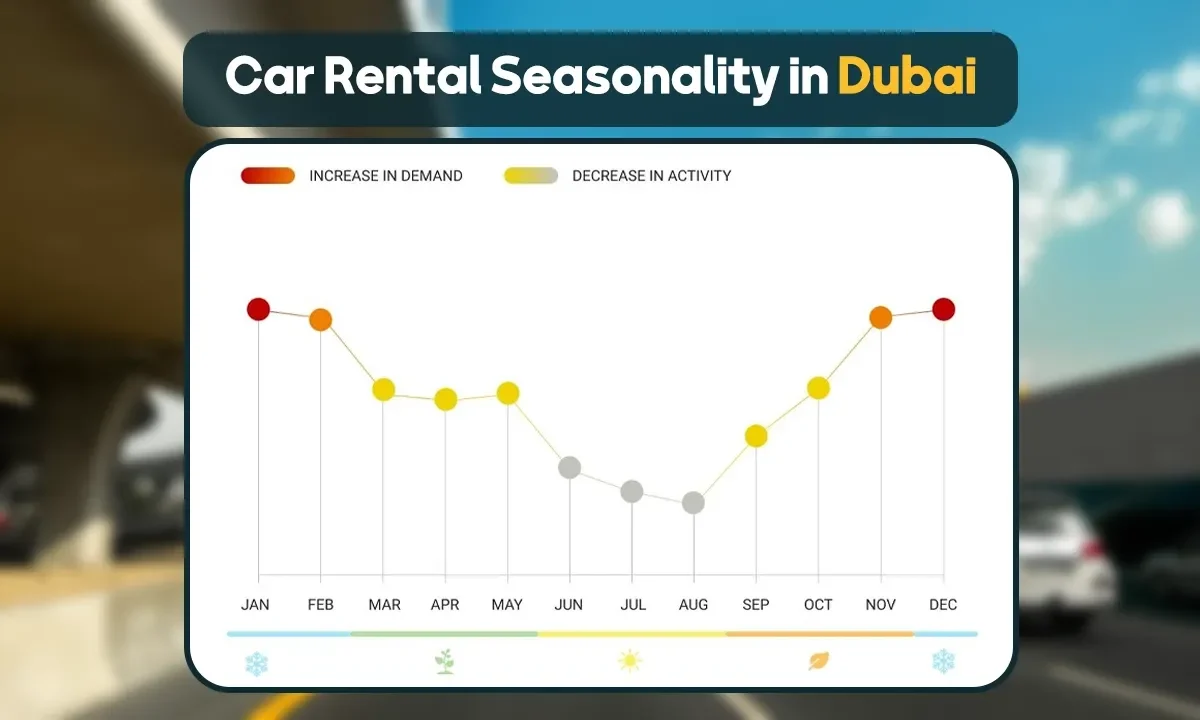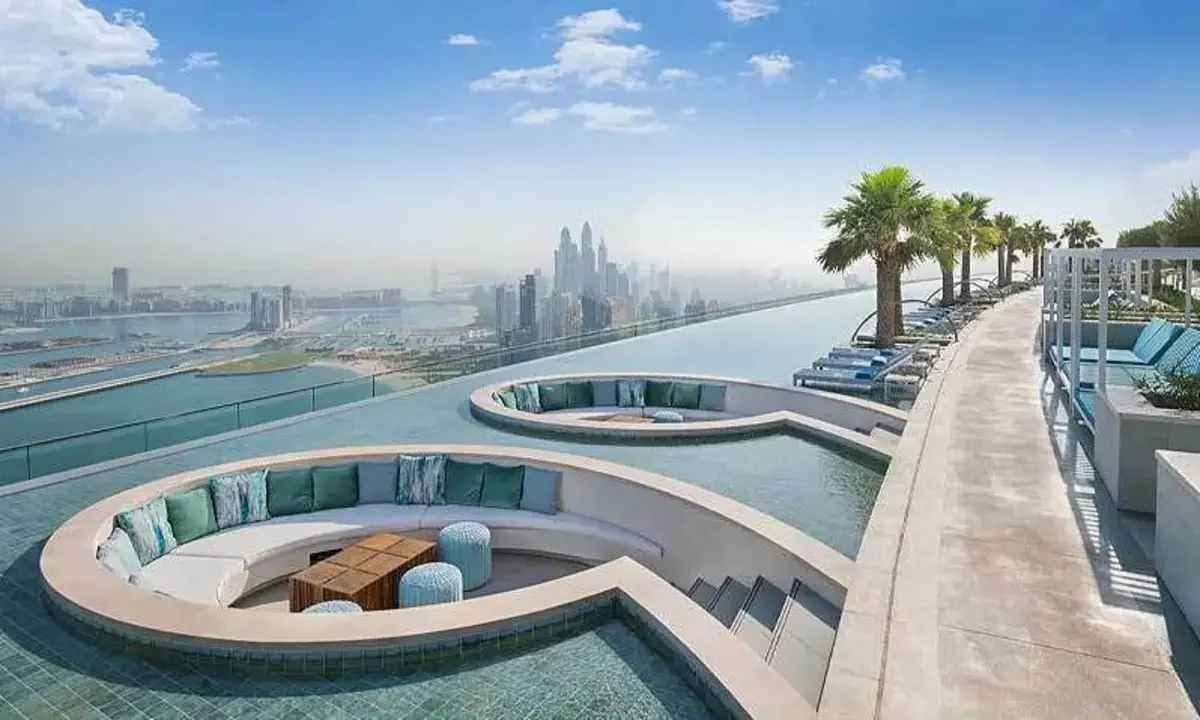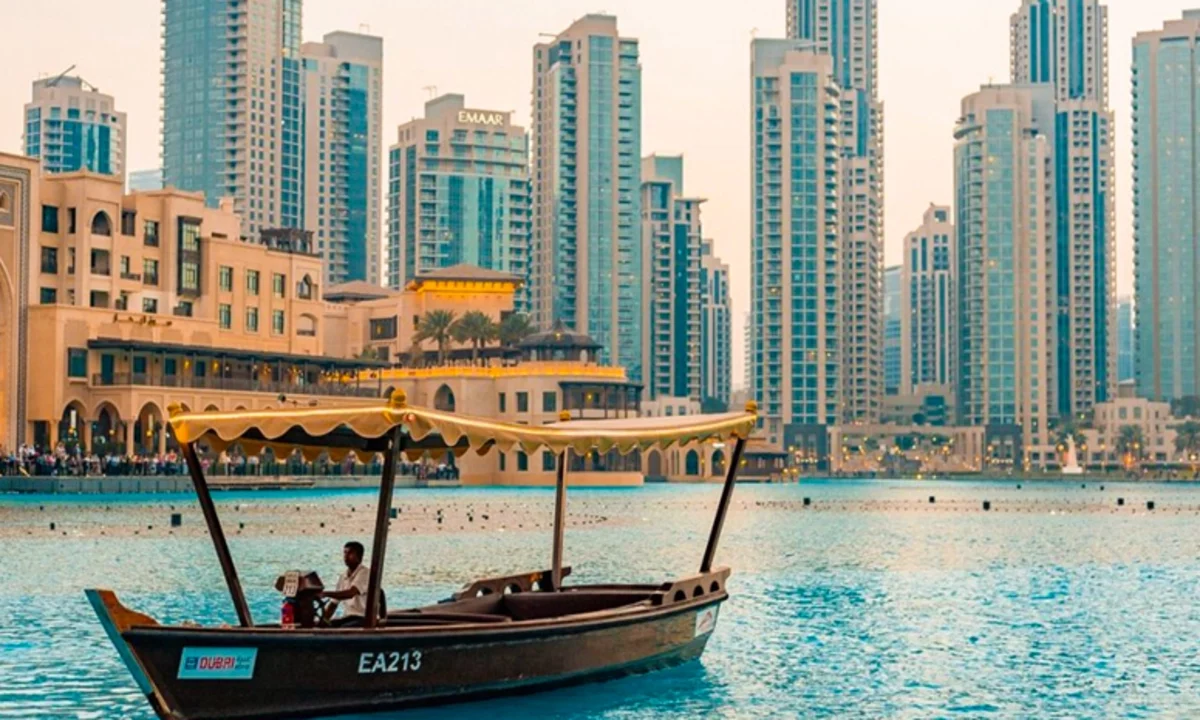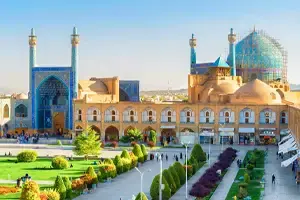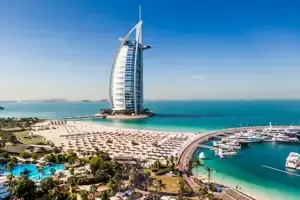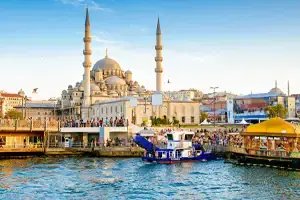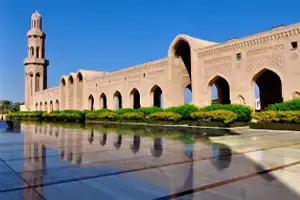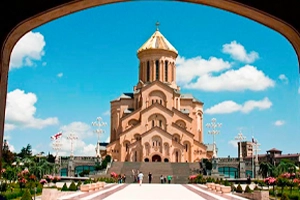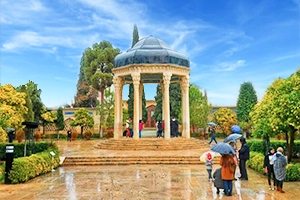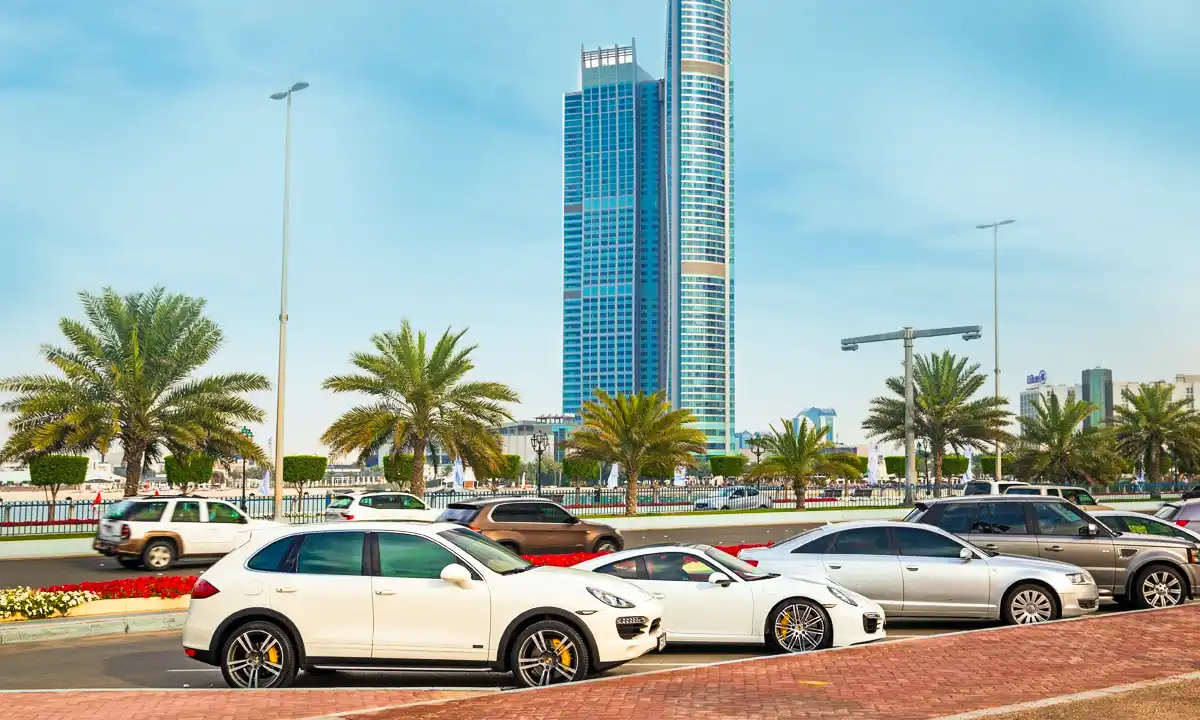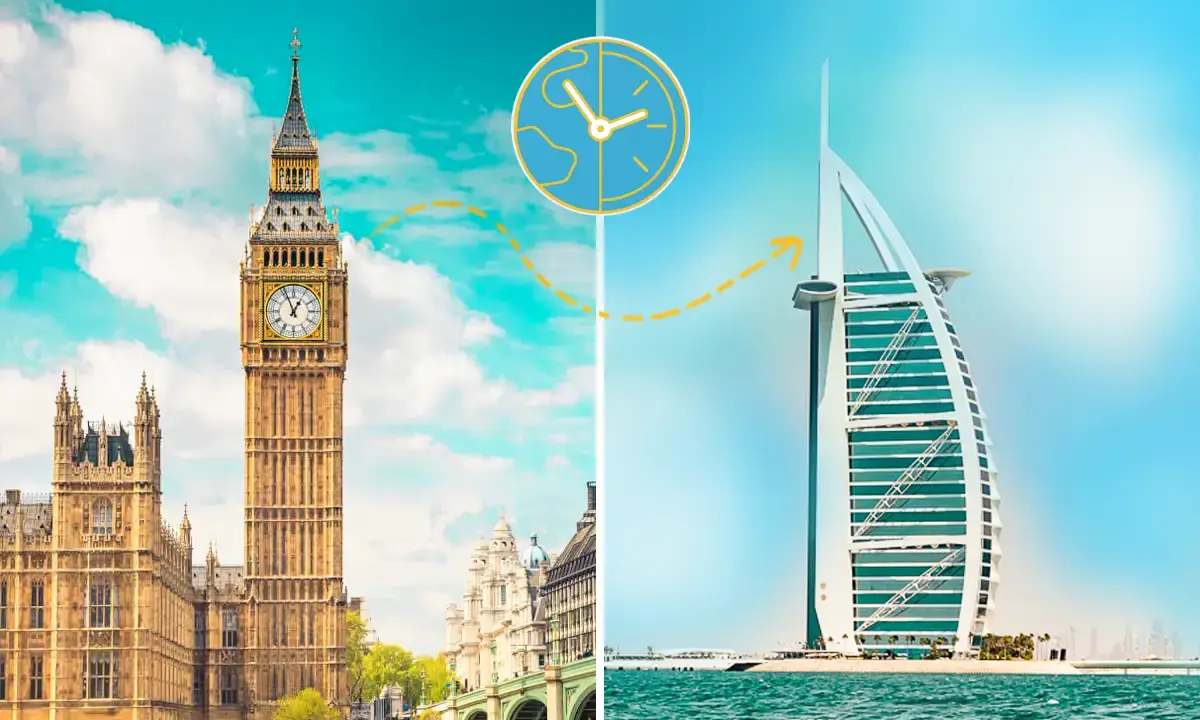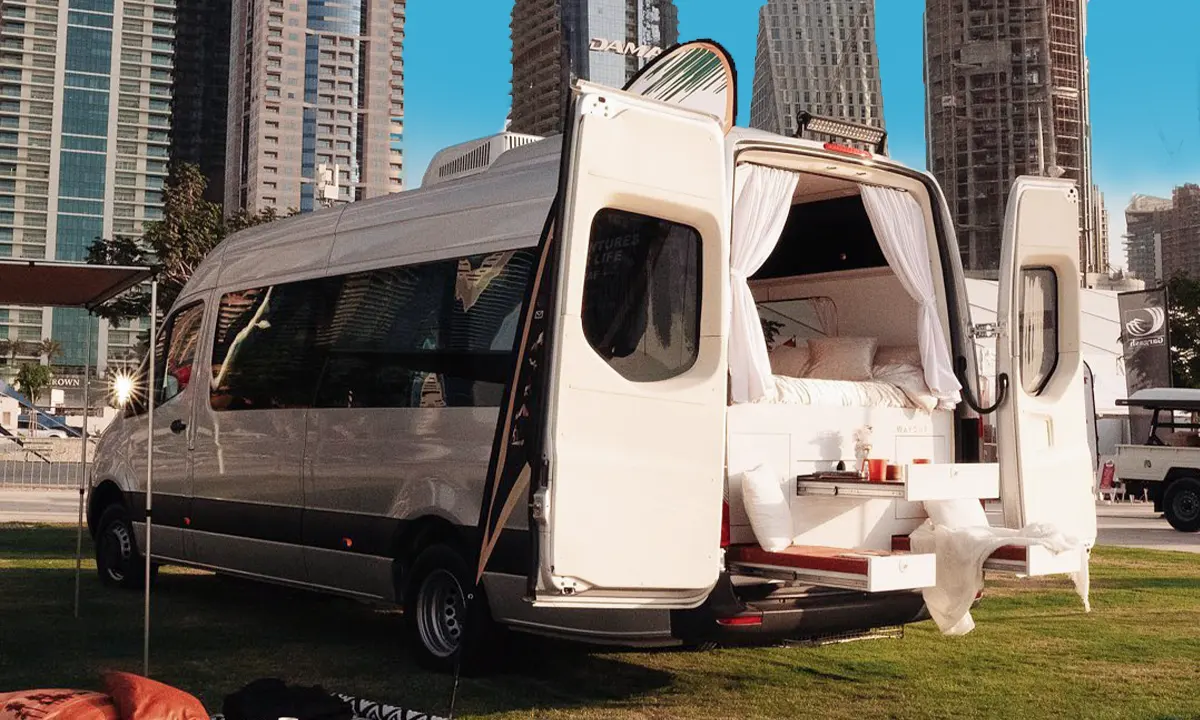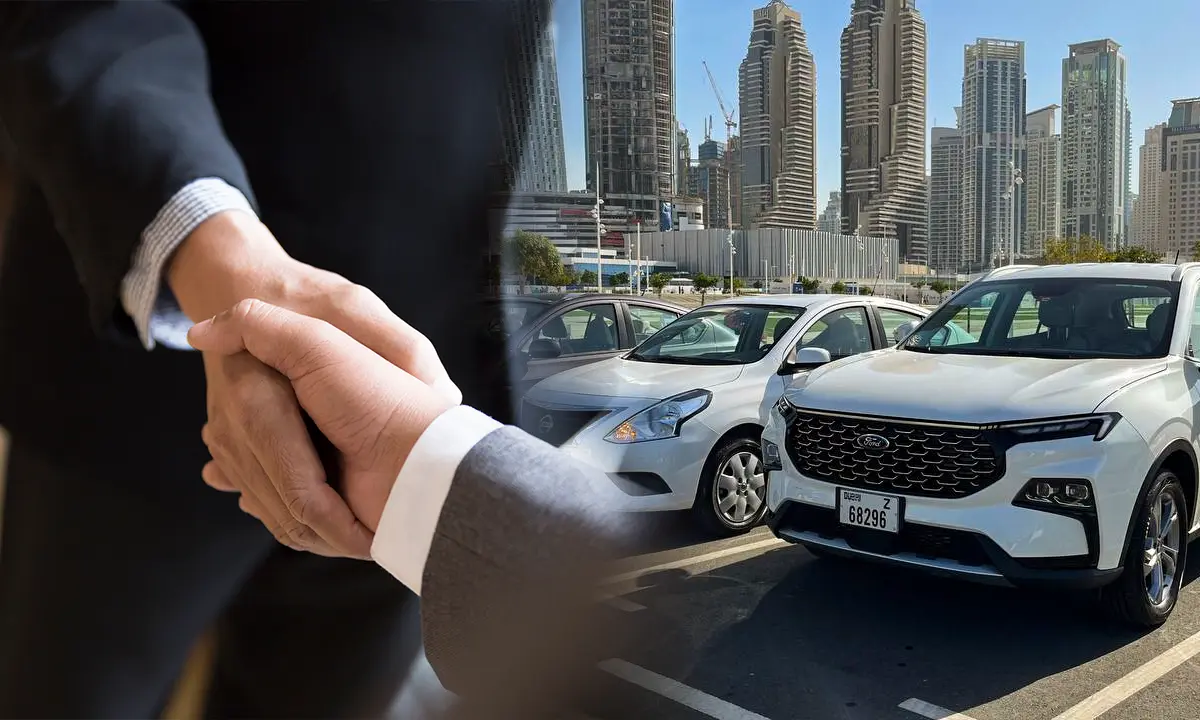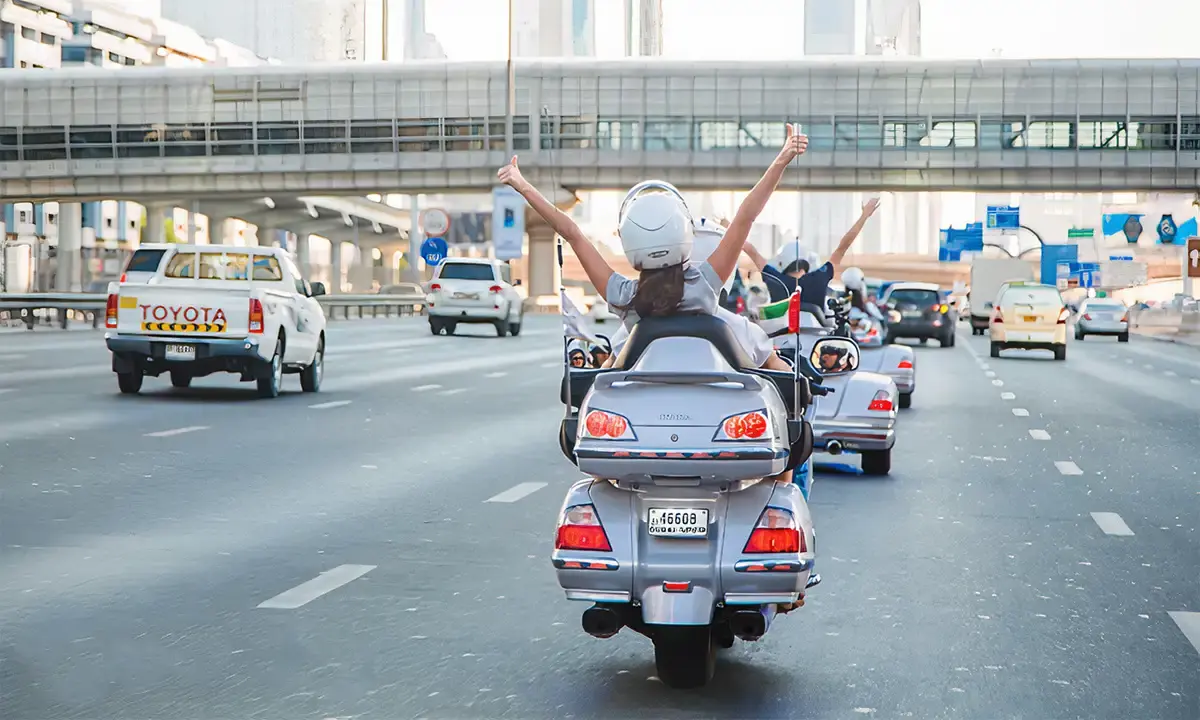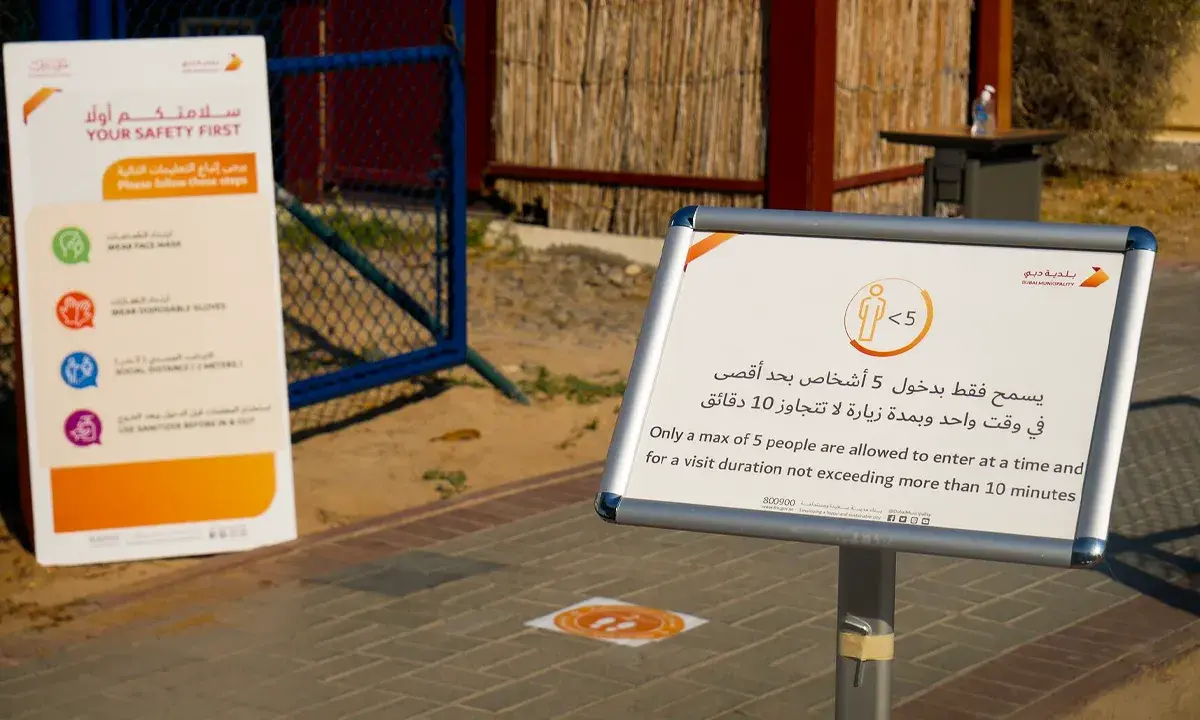Dubai, often dubbed the ‘City of Gold,’ stands as a shimmering testament to modern architecture, luxury, and rich traditions, nestled within the vast expanse of the Arabian desert. For many Indians, Dubai represents more than just a travel destination; it’s a blend of familiar cultural nuances and exhilarating novelties. As airways bridge the gap between the bustling streets of Mumbai or Delhi and the towering skyscrapers of Dubai, it’s crucial for travelers to be well-prepared for their journey. This comprehensive guide aims to equip visitors from India with essential information, ensuring a seamless and memorable travel experience to one of the world’s most captivating cities.
Table of Contents
Brief overview of the cultural and economic ties between India and Dubai
The importance of Dubai as a travel destination for Indians
Visa Requirements
Type of Visas Available:
- Tourist Visa: This is the most common type for travelers, and it’s typically valid for 30 days. There’s also an option to apply for a long-term visa which is valid for 90 days.
- Transit Visa: For travelers who have a layover in Dubai and wish to leave the airport, they can apply for a 48-hour or 96-hour transit visa.
- Visit Visa: For those visiting family or friends residing in Dubai, a visit visa can be procured. The resident in Dubai can also apply on behalf of the visitor.
- Business Visa: For individuals traveling for business purposes.
Process and Documentation:
- Passport: Must be valid for at least six months from the date of travel.
- Photographs: Passport-sized photos as per specified dimensions.
- Confirmed Return Ticket: Proof of a return ticket or onward journey.
- Hotel Booking: Confirmed hotel reservation or proof of accommodation.
- Sponsorship: For certain visa types, like the visit visa, a sponsor is required who could be a relative or friend residing in Dubai.
- Financial Proof: Documentation to prove financial stability, such as bank statements.
Application Process:
- Visas can be applied for through the official UAE government website, airlines like Emirates and Etihad, or through registered travel agents.
- After submission, the visa processing typically takes 3-5 working days, but it’s advised to apply well in advance.
- Upon approval, the visa will be sent electronically.
- Fees:
- The visa fee varies depending on the type of visa applied for and the duration. It’s essential to check current fees before applying, as they can change.
Important Points to Note:
- Overstaying without a valid visa can lead to fines and legal consequences.
- Ensure all documents are genuine. Providing false information can lead to visa rejection and future travel bans to the UAE.
- The UAE government has the right to reject any visa application without providing reasons.
- Remember, while this overview provides general guidance, visa policies can change, and it’s always recommended to consult the official UAE consulate or embassy website or contact a reputable travel agency for the most up-to-date and detailed information.
Flight Information
Popular Departure Cities from India:
Mumbai (Chhatrapati Shivaji International Airport)
Delhi (Indira Gandhi International Airport)
Bangalore (Kempegowda International Airport)
Chennai (Chennai International Airport)
Kolkata (Netaji Subhas Chandra Bose International Airport)
Arrival in Dubai:
Customs and Etiquette
Dress Code:
- General Public Places: While Dubai is more liberal compared to some other Middle Eastern cities, it’s advisable to dress modestly. For women, clothing that covers the shoulders and knees, like long skirts, dresses, or trousers, is appropriate. Men should avoid wearing sleeveless shirts in public areas.
- Beaches: Swimwear is acceptable at the beach, hotel pools, and private pools. However, once you leave these areas, ensure you’re covered up.
- Mosques: Non-Muslim visitors are often allowed to visit certain mosques. Here, women should wear long-sleeved clothing and cover their heads with a scarf. Men should wear long pants.
Public Behavior:
Language and Greetings:
Tipping:
Photography:
Business Etiquette:
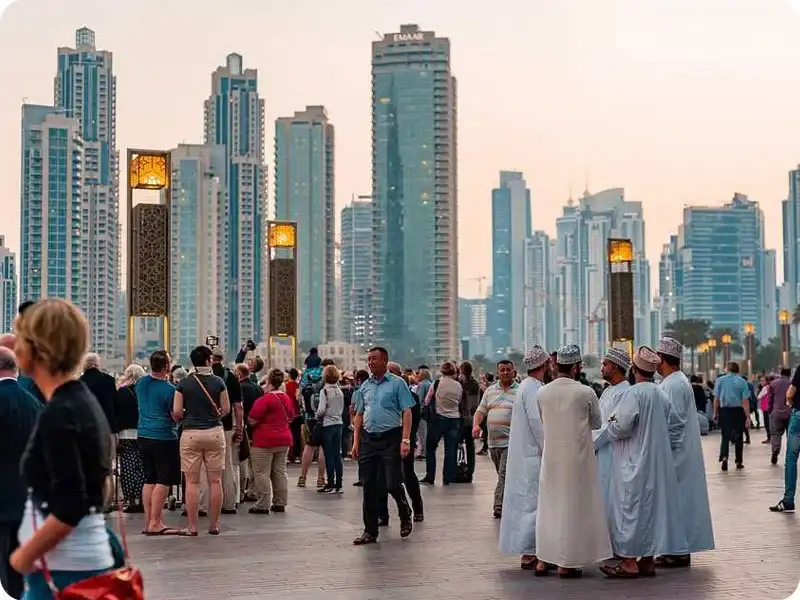
Currency and Money Exchange
Money Exchange:
At Dubai International Airport, travelers can find currency exchange counters offering competitive rates, and throughout the city, major shopping areas, malls, and souks house numerous exchange centers. Additionally, most local banks provide currency exchange services. ATMs, which are abundant throughout Dubai, accept international cards and dispense dirhams, though they may charge fees for foreign cards. While credit cards are widely accepted in Dubai, it’s advisable to carry some cash for smaller purchases or at places that don’t facilitate card transactions. For the best deal, it’s wise to compare rates across a few locations and always retain the receipt of any currency exchanges.
Accommodation
- Hotels:
- Serviced Apartments:
- Short-Term Rentals:
- Hostels:
- Bed and Breakfast:
Note :
Transportation in Dubai
Popular Attractions
📍Burj Khalifa: The tallest building in the world, it offers a panoramic view of the city from its observation decks.
📍Dubai Mall: One of the largest malls globally, it houses a vast array of shops, an aquarium, an indoor ice rink, and leads to the Dubai Fountain.
📍Dubai Fountain: Situated outside Dubai Mall, this choreographed fountain show is set on the Burj Khalifa Lake and is a mesmerizing spectacle.
📍Palm Jumeirah: A man-made island with luxurious hotels, residences, and beaches. The Atlantis Hotel, with its waterpark and aquarium, is a key highlight.
📍Dubai Creek: The historic heart of Dubai, where you can experience the city’s heritage and take an Abra (water taxi) ride.
📍Gold and Spice Souks: Traditional markets located in Deira, offer a sensory overload of sights, sounds, and smells.
📍Jumeirah Mosque: A beautiful example of Islamic architecture, it’s one of the few mosques in Dubai open to non-Muslims.
📍Dubai Desert Conservation Reserve: Experience the serene beauty of the desert, with opportunities for dune bashing, camel rides, and star-gazing.
📍Dubai Marina: A man-made canal city, it boasts a picturesque skyline, luxury yachts, and a vibrant nightlife scene.
📍Dubai Frame: An architectural landmark, it offers views of both old and new Dubai.
- Advice
- Consider purchasing a Dubai Pass for discounted access to various attractions.
- Given the city’s hot climate, it’s advisable to visit outdoor attractions early in the morning or late afternoon.
- Dubai’s attractions offer a blend of cultural, historical, and modern experiences, ensuring there’s something for every kind of traveler.
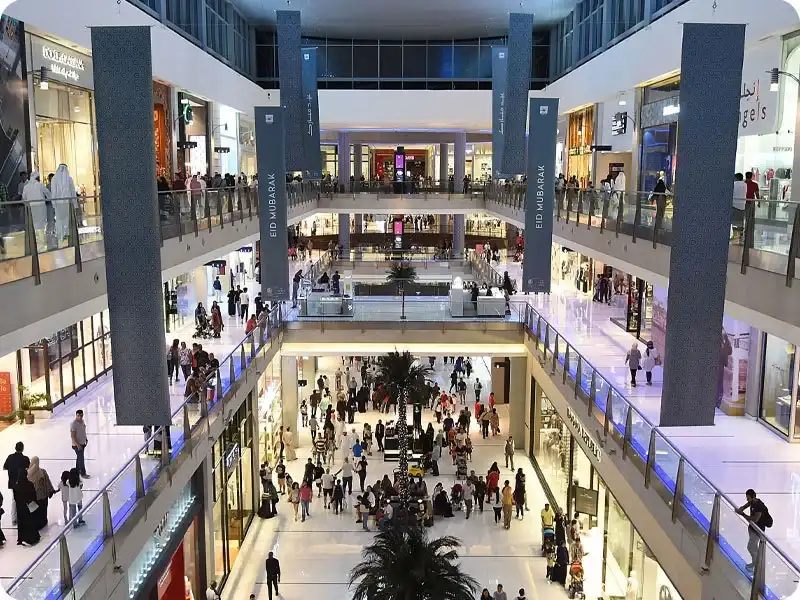
Shopping and Souvenirs
Malls:
- Dubai Mall: Apart from being one of the largest malls in the world, it offers a mix of international brands, high-end boutiques, and even an indoor souk.
- Mall of the Emirates: Known for Ski Dubai, it also boasts numerous fashion and lifestyle outlets.
- Ibn Battuta Mall: Themed around the travels of the famous explorer Ibn Battuta, it offers a unique shopping experience.
Traditional Souks:
- Gold Souk: Located in Deira, it’s a must-visit for gold jewelry enthusiasts.
- Spice Souk: Nearby the Gold Souk, it’s a sensory delight with aromatic herbs and spices.
- Textile Souk: Located in Bur Dubai, it offers a variety of fabrics, from cotton to silks.
Souvenirs to Consider:
- Camel Milk Chocolate: A unique treat that’s becoming increasingly popular.
- Arabic Perfumes (Attar): Concentrated fragrances often in ornate bottles.
- Pashmina Shawls: Fine cashmere wool products, ideal for gifting.
- Dates: Often available in luxurious packaging, they’re a favorite treat in the region.
- Arabic Coffee Pots and Cups: Traditional Dallah pots are both functional and decorative.
- Sand Art Bottles: Intricate designs showcasing desert landscapes.
Important notes about shopping in Dubai
- Don’t hesitate to haggle in traditional souks; it’s part of the experience.
- Many malls have seasonal shopping festivals, often aligned with global holidays, offering significant discounts.
- The Dubai Shopping Festival, usually held in January-February, is a massive event with promotions, entertainment, and prizes.
- From luxury designer items to traditional Emirati crafts, shopping in Dubai caters to every taste and budget, ensuring visitors take home a piece of their unforgettable journey.
Cuisine and Dining
Traditional Emirati Cuisine:
- Al Harees: A dish made with just wheat, meat, and a pinch of salt. Traditionally cooked in clay ovens and often associated with festive occasions.
- Al Majboos: A flavorful rice dish cooked with saffron, meat (often chicken or lamb), and a blend of spices.
- Shawarma: Thin slices of marinated meat wrapped in pita bread, usually accompanied by garlic sauce, pickles, and vegetables.
International Dining:
Given its global populace, Dubai boasts an extensive range of international cuisines including Indian, Pakistani, Filipino, Japanese, Italian, and more.
Fine Dining:
Dubai is home to several Michelin-starred chefs and upscale restaurants offering panoramic city views, such as Pierchic, At.mosphere, and Zuma.
Street Food:
Explore areas like Al Karama or Deira for authentic street food experiences. Don’t miss out on dishes like falafel, manakish, and samosas.
Brunch Culture:
Friday brunches in Dubai are legendary. Many hotels and restaurants offer lavish spreads, often with live music or entertainment.
Desserts:
- Luqaimat: Deep-fried dough balls drizzled with date syrup.
- Kunafa: A sweet cheese pastry, often topped with pistachios and syrup.
Beverages:
- Arabic Coffee (Gahwa): A lightly roasted coffee flavored with cardamom, often served with dates.
- Karak Tea: A strong tea made with condensed milk, popularly consumed throughout the day.
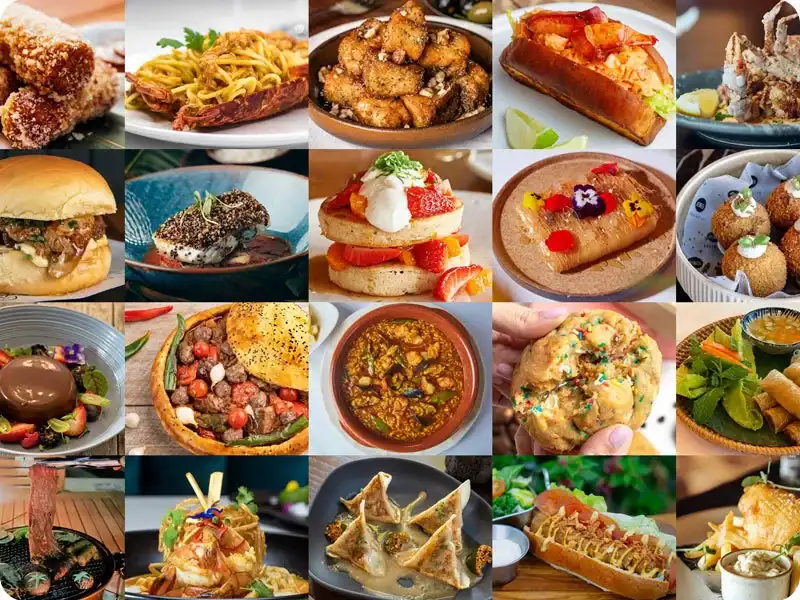
Safety and Local Laws
- General Safety:
- Dress Code:
- Public Behavior:
- Alcohol Consumption:
- Drugs:
- Internet Restrictions:
- Ramadan:
- LGBTQ+ Rights:
- Photography:
Advice:
- Always carry a copy of your passport or Emirates ID.
- Respect local customs and traditions to ensure a pleasant stay.
- Dubai offers a harmonious blend of tradition and modernity. By being aware of and respecting the local laws and customs, visitors can enjoy a memorable and trouble-free experience in this dynamic city.
